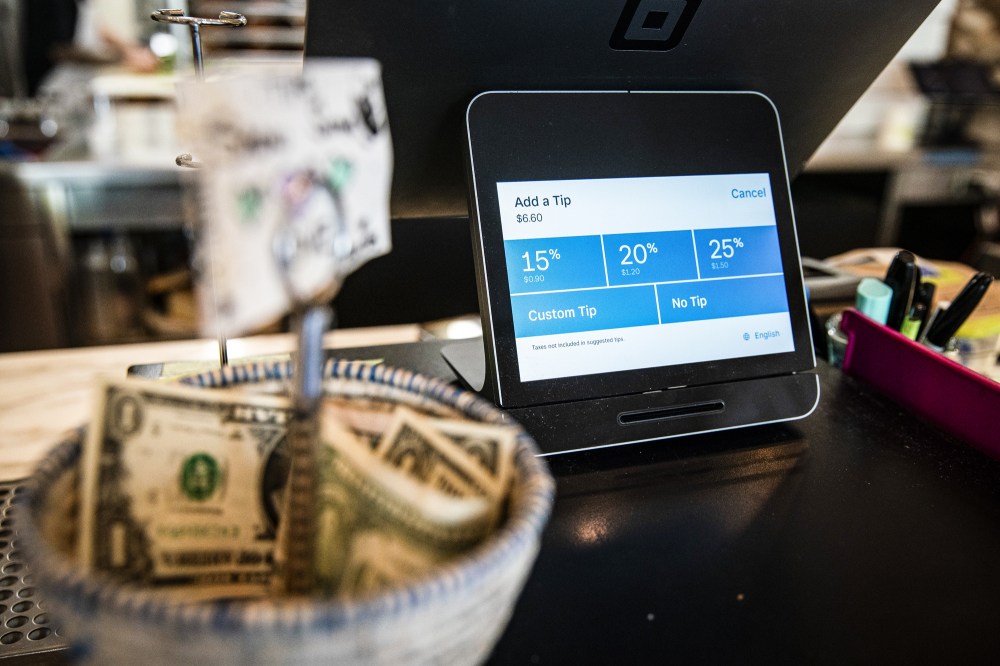As a presidential candidate last year, Donald Trump called for no taxes on tips — an exemption from the federal income tax for all tipped income.
So where does that promise stand now? There is a provision in the “big, beautiful bill” passed by the House in May, which the Senate is now considering.
The tax break is included in both the House and Senate versions of the bill, so it seems likely to make it into the final version sent to Trump’s desk. Plus, the Senate already voted unanimously on a separate bill that would do the same thing.
Here are answers to some common questions about the “no tax on tips” proposal:
What did Trump promise on no tax on tips?
Trump first proposed to end taxation on tipped income at a campaign rally on June 9, 2024, in Las Vegas, a direct appeal to the service workers in the swing state’s tourism industry.
“So this is the first time I’ve said this, and for those hotel workers and people that get tips, you’re going to be very happy, because when I get to office, we are going to not charge taxes on tips people [are] making,” Trump said.
It was part of a broader set of proposals thrown out with little detail during the campaign, including a pledge to exempt overtime pay from income tax. It was one of Trump’s more realistic promises, however, as the idea quickly gained bipartisan support, including from Kamala Harris’ campaign and Democratic Sen. Jacky Rosen of Nevada plus Republicans such as Texas Sen. Ted Cruz.
It was also one of a number of campaign pledges he promised would be fulfilled right away if he won a second term.
What would the House bill do about no tax on tips?
The Big Beautiful Bill Act, which passed the House, includes an income tax exemption for tips.
As with the proposed $1,000 baby bonus and the exemption for income tax on overtime pay in the bill, the tips tax break would expire at the end of 2028, days before Trump’s term ends. That helps Republicans in Congress keep the apparent cost of the bill down while setting up another fight on the issue just as the next president takes office.
Under the House proposal, workers making less than $160,000 per year would qualify for the exemption. Tips would still have to be reported to the IRS, and they would be subject to withholding — meaning money would be taken out of each paycheck but workers would get it back if they were owed tax refunds the next April. Social Security and Medicare taxes would still apply to tipped income.
The exemption would not apply to automatic gratuities for large parties at a restaurant and other service charges.
What will the Senate do about overtime taxes?
The Senate passed a standalone bill called the No Tax on Tips Act in a surprise vote in late May.
Rosen brought up the bill as a “unanimous consent” request, an accelerated process typically reserved for more routine issues, such as renaming post offices. But no senator objected, and the bill was quickly passed.












